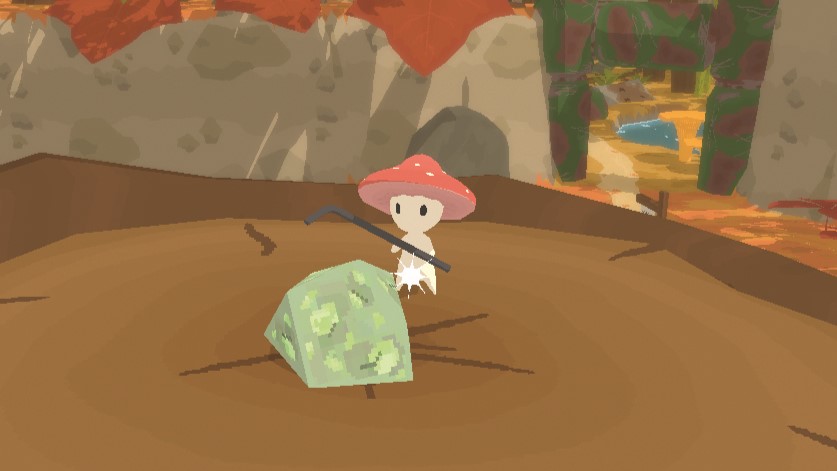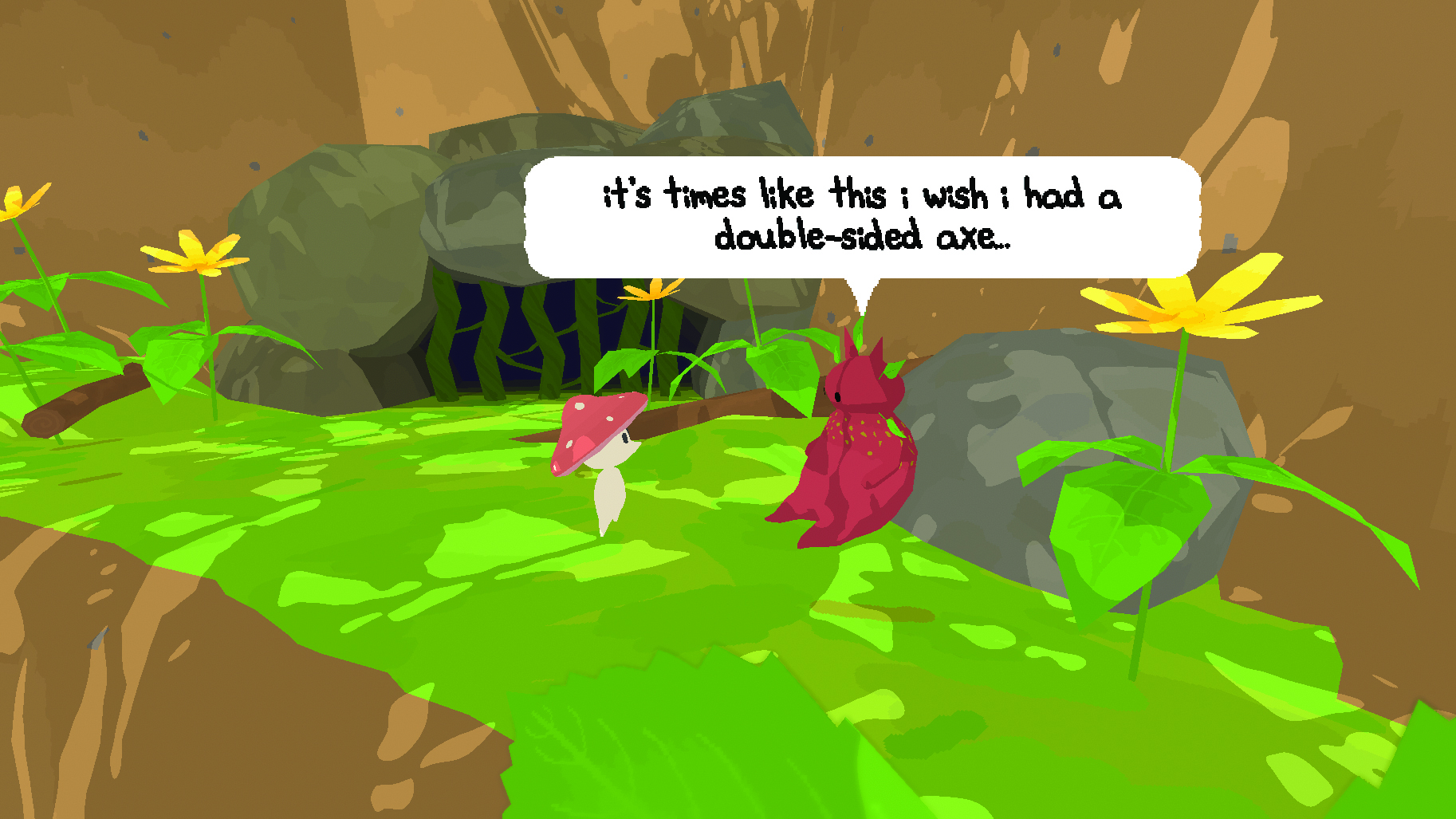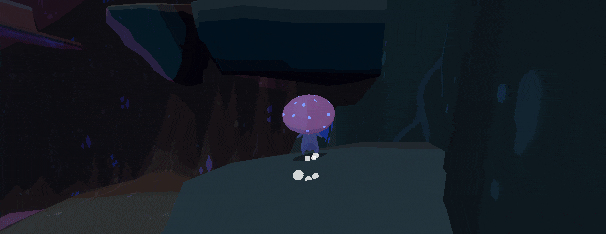
This article first appeared in PC Gamer magazine issue 387 in August 2023, as part of our Secret Level series. Every month we talk to the unsung heroes of games development, and explore what makes their roles vital.
Noah Lone (AKA somehumbleonion) studied computer science at college… and hated it. Until his final semester that is, when the class was allowed to make anything they liked for a web programming project. So he decided to try to make a game. "It just like, completely changed my life," he says.
This first game was a simple pixel art platformer, but it sparked an instant passion for game development that only grew more powerful as time went on. After graduating college, he turned down a full-time job at his employer (where he provided IT support for a software company), choosing instead to keep part-time hours so he could keep working on game development. Six months after that, he quit the job entirely.

"It was a big, risky decision," he admits. "And there's no guarantee you make any money off the game either." He had some savings to keep him going, but he's also grateful to his dad for supporting this decision, and allowing him to live in his house rent free. Lone's keen to stress that he got where he is thanks to help and support from other people, many within the indie community.
Although he's essentially self taught, leaning heavily on YouTube tutorials, he's also found help and advice from other developers invaluable. "The devs are just so open, which is something I love about being indie. We're all just sharing our own knowledge publicly and willing to help each other out." With a published game under his belt, Lone finds himself able to help out others, too.
It wasn't a straight jump from college to Steam's front page, though. His first home-developed game was a café simulator. Although never finished, he burned himself out making it, to the point where it slammed his health. "At one point, I just physically collapsed one night, and it was a big wake-up call for me," he explains. He slowed down, then, taking time to learn new tools and practice his skills making small games.
Scratching the itch.io

For Smushi, Lone brought in composer Failpositive for the music; but everything else in terms of PC development, he did by himself. "It's just so much work doing everything on your own," he says, "but having that total freedom, not having to run anything by other people; it makes it totally worth it." He's open to working with others in the future, which would offset some of the cons.
"If you're an indie dev, you are an artist, and being an artist, one of the coolest things is to just see your creations come to life [sometimes I would] wish I had an artist that was working on [characters]. So I could continue the programming and then when they're done, they can just hand me the models and I can just program them in, I wish I had a programmer and I could just work on the models."
The biggest gaming news, reviews and hardware deals
Keep up to date with the most important stories and the best deals, as picked by the PC Gamer team.
One of the coolest things is to just see your creations come to life.
Noah Lone
One remarkable thread running through Lone's story, is the importance of social media. TikTok and Instagram have proven important sources of sales and wishlists, but Twitter has a strong indie development community. DMs were an essential part of reaching out for advice. It's also thanks to promoting Smushi during development via social media, that Wholesome Games and publishers approached him, rather than the other way around.
Lone has some advice for any other indie developers out there. "Please start small," he says. "Make sure that you are taking things bit by bit, because indie development is a giant bite. So start small, don't rely on motivation. You have to stay passionate about your idea. And then that will allow you to stay disciplined. [Eric Barone] says you have to truly convince yourself that you are going to finish this game, and that it's going to work out. Not in an egotistical way; just to prevent that self doubt. Because self doubt is the indie game killer."

